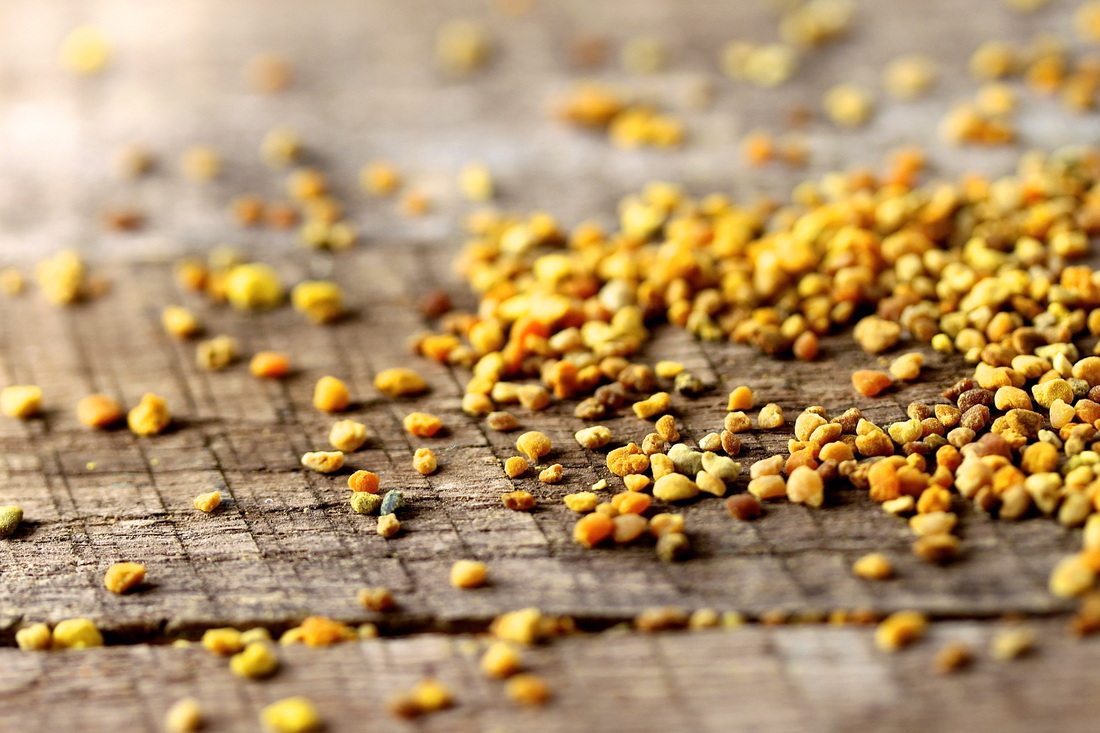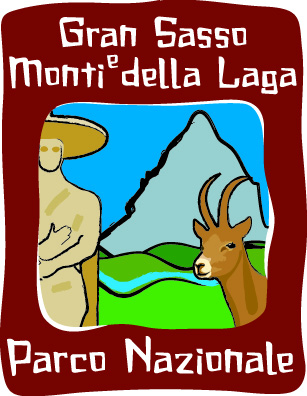Case Study
Creation of a certified supply chain of Park Pollen
Contact name
Dr. Giorgio Davini
Institution name
Gran Sasso and Laga Mountains National Park
Region & country
Italy, Abruzzo
Summary
Pollen does not see an experience and tradition equivalent to the considerable production potential. The botanical richness of protected areas has suggested the enhancement of unifloral honeys, similar experience has not developed compared to the different pollens collected by bees. There is a limited production of pollen that is marketed as dried.
This is a big gap, since pollen is a natural product, with high potential for use and considered one of the richest and most complete foodstuff so much so that it is considered a “superfood” thanks to its high content of nutrients. Pollen from protected areas takes advantage of the extraordinary variety of species and environments almost intact. This has positive promotional implications.

Fresh pollen
National Park archive
Background of the project
Pollen consumption is growing despite the fact that an effective specialised network for the preparation, processing and distribution of this product is not well structured in relation to market demand. The entire pollen chain, from harvesting to marketing of the packaged product, is based on traditional processing. At present, the producers give the large distribution the product already dried with very different methods of collection, transport, sifting, freezing and subsequent drying.
In the face of growing market demand, it is necessary to set up production processes to ensure a safe product that at the same time has not undergone processes of degradation of its nutritional, organoleptic and health characteristics in general.
The project seeks to meet the needs of the production sector that intends to differentiate and start a “pollen supply chain” that in recent times is experiencing a strong growth in the demand for “fresh product”.
Solution and actions taken
After verifying the feasibility of a certified pollen supply chain of the Park, the technical-scientific notions are transferred to the operators through the promotion of the pollen production sector. In particular, through a specific funding call, the purchase of equipment for the pollen supply chain will be supported, also in consortium form, giving priority to young beekeepers and to those who intend to undertake this activity in the form of a first settlement.
– analysis of the various phases of primary production, proposing suitable collection and processing methods aimed at safeguarding the integrity and healthiness of the product;
– collection/processing processes, verification of methodologies aimed at obtaining a product preserved over time and that preserves the organoleptic characteristics originally present;
– internal traceability procedures aimed at containing and limiting any risk.
Other institutions or parties involved
Considering the complexity of the project, especially with regard to the aspects related to laboratory analysis and technological aspects, the collaboration with the University of Rome Tor Vergata, Department of Biology for aspects related to analysis and processing of results has been formalized.
The University will also contribute to the drafting of a production specification which will then be used for the production of certified pollen.
Results
The project introduce some elements:
– it gives the possibility to produce “fresh” pollen which can thus be considered a “new product” compared to what is generally found on the market;
– definition and schematization of procedures for the collection and processing of the product, aimed at guaranteeing the maintenance of the pollen’s nutritional, health and organoleptic characteristics, offers operators in the supply chain a new production opportunity.
Challenges
The limited production and sale of pollen by beekeepers has led to the marketing only of dried pollen. The sector suffers from the typical disadvantages of a niche production not yet established on the market and the inherent weaknesses of the product itself and the production methods. These negative aspects, linked to a precise know-how in the production of quality pollen, have hindered the development of this particular micro-line.
Lessons learned
It’s interesting to start production processes in order to provide a safe product that has not under degradation of nutritional, organoleptic and health characteristics.
By supporting bees pollinating action, it is also possible to counteract the damage that the decrease in pollinating insects creates to the environment and agricultural crops. The measures that favour beekeeping activities are elements that support the environment.
Contact name
Dr. Giorgio Davini
Institution name
Gran Sasso and Laga Mountains National Park
Website(s)
